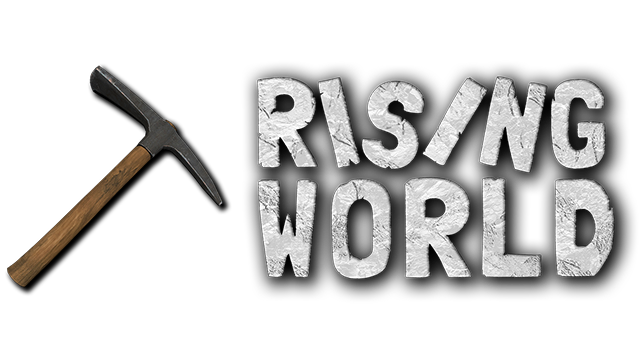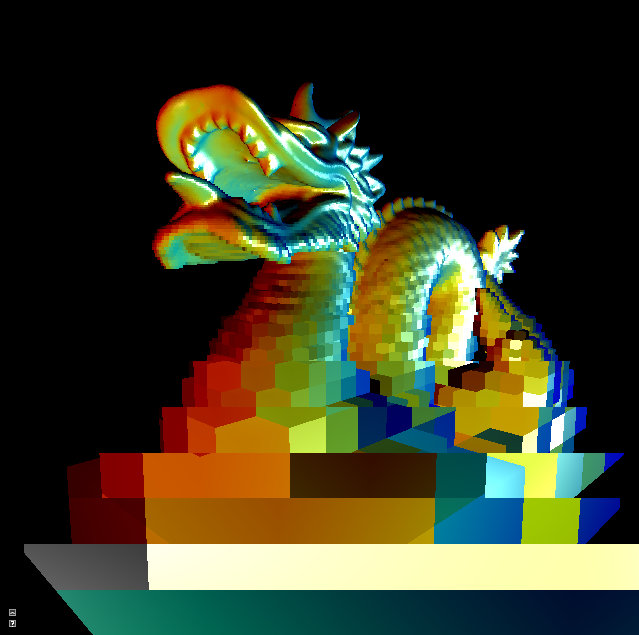Hellow to everyone, I have three questions for the new API and game version.
The first one - is it technically possible for new Unity version to support more than one world at runtime with ability for players to travel between them? Like, for example, 2 worlds with different structure and some sort of ability for players to travel between them? This is not for the vanilla game, mostly for the API, so someone can make a plugin with some sort of additional world/worlds, this can be used for many different aspects (custom RPG, player-only base worlds and others)
Second question (mostly related to my older questions) - how far it will be possible to control generation with API? Will it be possible to define custom voxel data or heightmaps for the terrain, scatter custom objects/plants/materials over the world with more advanced way then in Java version (with game handing their storage in database per chunks, saving/loading them and multiplayer object management)?
Third question is about terrain, will it be always bounded to heightmaps for the distant LOD or it will be possible, for example, to use low-res meshes for it? Heightmaps can improve performance a lot, but they have many restrictions, probably it can be possible to switch lod type somehow? Like different graphics/world settings
All these questions are mostly about custom world building, the current RW systems have mostly limitless potential (especially in building), so I hope that something like custom worlds will be possible as this will expand creativity to entirely new level ![]()




